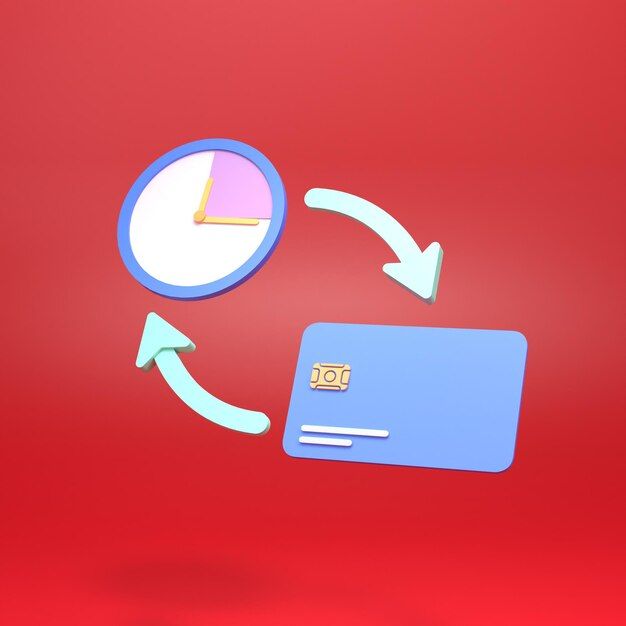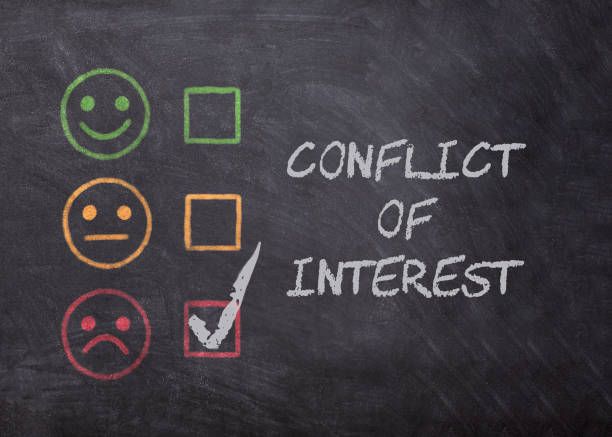When navigating the world of real estate, understanding the different types of agency relationships can make all the difference in how a deal goes down. One such relationship is dual agency.
This is where a single agent represents both the buyer and the seller in a transaction. While this may seem convenient, it’s important to weigh the benefits and potential drawbacks before diving in.
Pros Of Dual Agency in Real Estate
Streamlined Communication

When one agent is involved in the process, there’s no need to wait for messages to be passed back and forth between different agents. This can lead to quicker responses and smoother communication, especially when you need to make a fast decision.
Faster Transactions

If you’re someone who needs things done quickly, you’ll appreciate how faster real estate transactions can be when you have one agent handling both sides of the deal. This can help you avoid delays, especially in a competitive market where timing is everything.
Potential Cost Savings

Since the agent isn’t splitting their commission between two parties, you may find that they offer reduced real estate commission fees. For both buyers and sellers looking to save, this can be an attractive option.
The Cons of Dual Agency in Real Estate
Conflict of Interest

After all, how can one agent fully represent both parties when their goals are often in opposition? The seller wants the highest price, while the buyer wants a great deal. This delicate balance can make it hard for the agent to advocate fully for both sides.
Limited Advocacy

When an agent represents both parties, it can be hard for them to provide the level of personal attention and advocacy that you might expect from a dedicated agent. In other words, with the agent trying to juggle both sides, you might not receive the in-depth advice and tailored service that can really help you make the best decision.
Negotiating Real Estate Deals

Since the agent has to remain neutral, they may not be as aggressive in negotiating on your behalf. This could leave you at a disadvantage when it comes to securing the best terms or price. Whether you’re buying or selling, having an agent dedicated to your side of the transaction can help you get better results during negotiations.
Finally, Risk of Lack of Confidentiality

Both parties might share sensitive information with the agent, such as the maximum price they’re willing to pay or their bottom-line price. With one agent representing both sides, there’s the potential that this information could inadvertently be disclosed, which might harm one party’s position in the deal.



